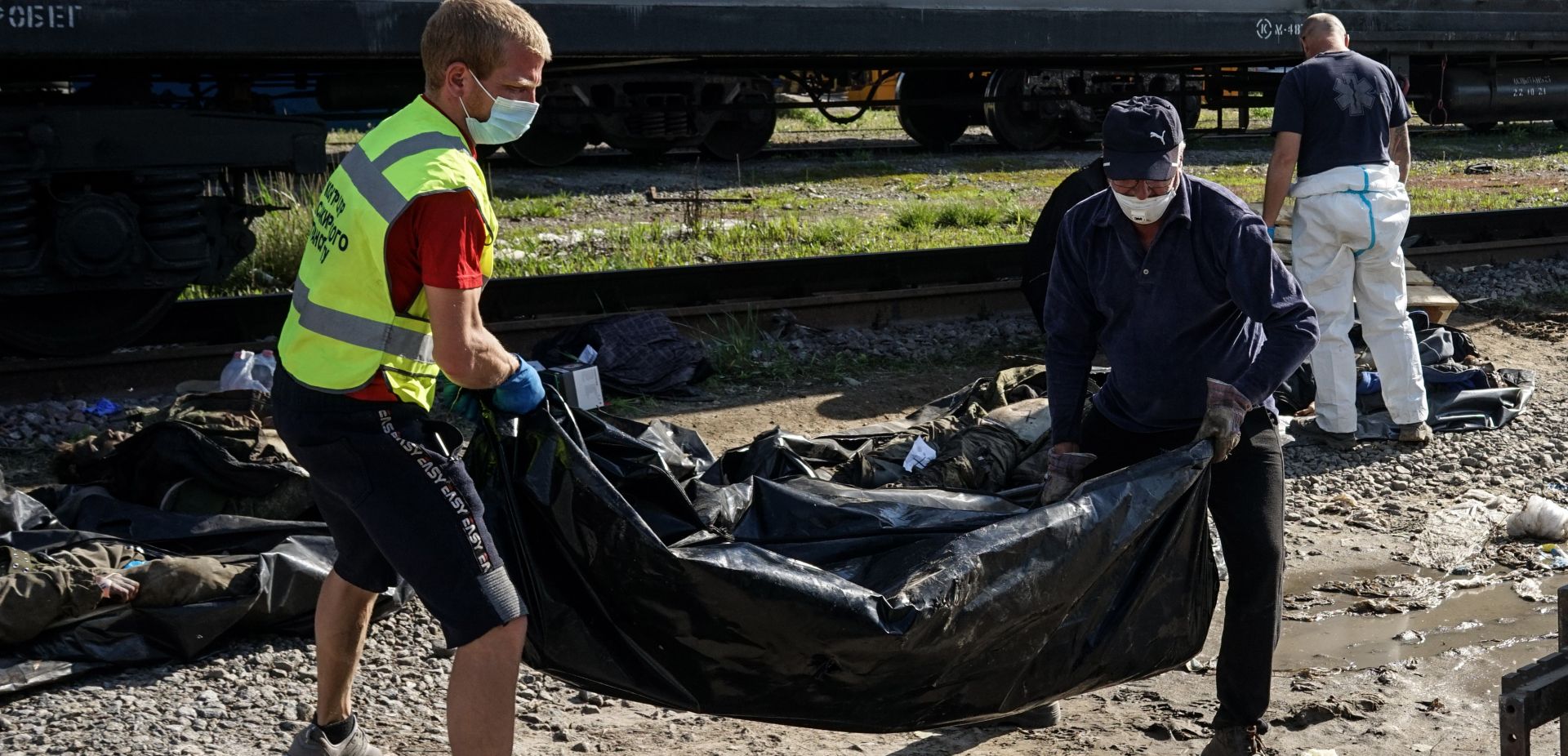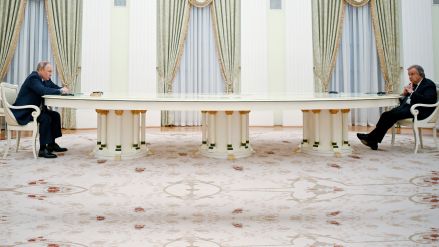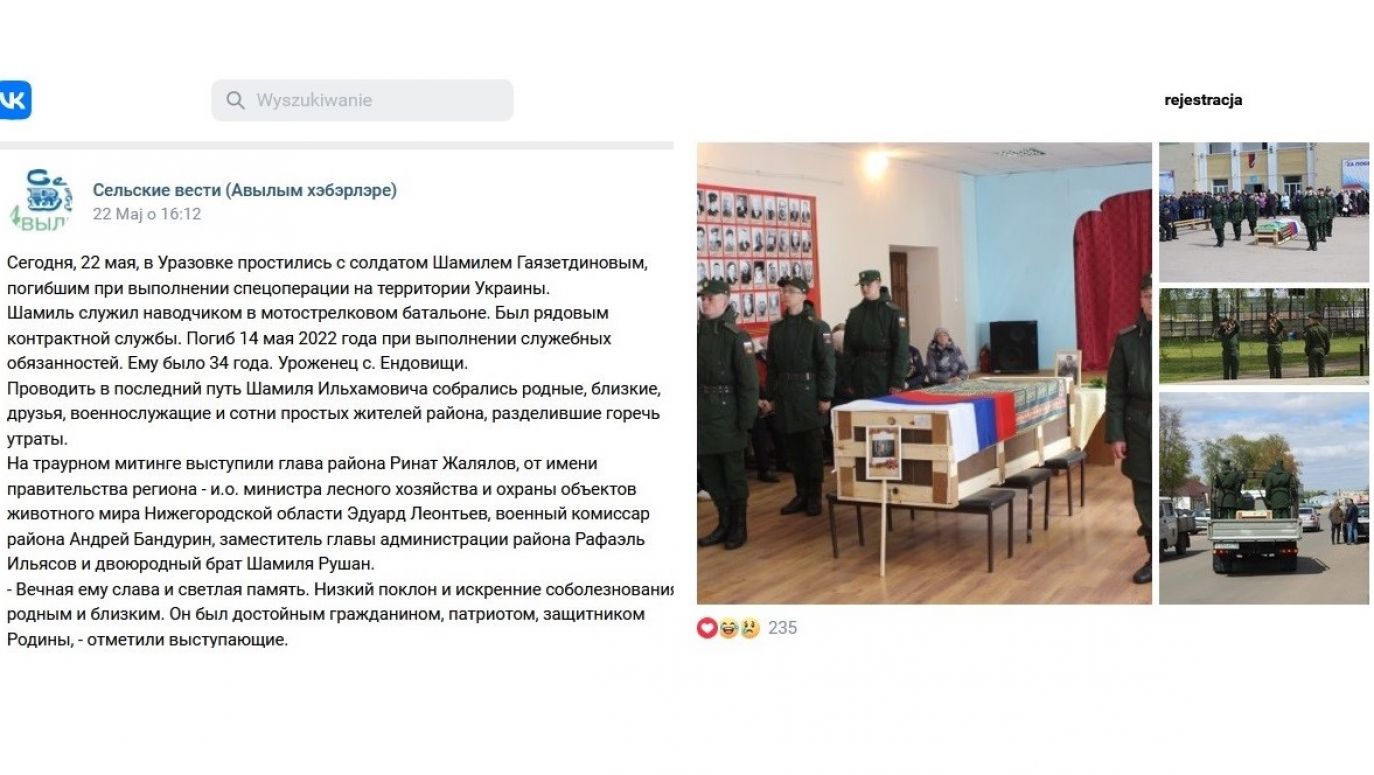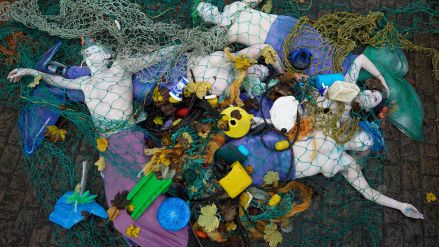Court-appointed expert Timur Radbil, a PhD in philology, member of the Higher Attestation Commission, academician at the Russian Academy of Natural Sciences, professor at the Law Faculty of Nizhny Novgorod University, concluded that “the linguistic cancer used by Slavina carries unambiguous obscene connotations, thus expressing disrespect for the authorities and society”. The point was that when the Shahuni authorities hung a plaque on one of the buildings in honour of Stalin, Slavina proposed that the town be renamed Shahujnia.
Occupant with a telephone
There are rich and ornate biographies of some of the invaders. We can get to know them mainly thanks to the Ukrainian services. Russians love to strut and puff on social media, they have no sense of discretion, so they record themselves, their families and, like exhibitionists, they show it all to the world.
Thanks to such recordings, the film
The Occupant. War and Peace in a Russian Officer’s Phone. The entire film was edited from films found in the phone of 24-year-old Lieutenant Yuri Shalayev, who comes from Murmansk. He will have no monument, no plaque, not even a “Hero’s Desk”. For he was taken prisoner and now, thanks to what he recorded, the whole world can admire the Kremlin cadet, a member of the elite of the empire’s officer corps and a graduate of Russia’s most elite military academy – the Command College – in all his glory.
The pre-war recordings are of family situations, trips, but mainly of drunken, delirious libations during which young officers, half-naked or wearing T-shirts, would drink, babble and sing. Undoubtedly, the Ukrainian service chose the most degrading and humiliating things from the phone, but it was Lieutenant Shalayev himself, a Kremlin cadet, who decided that alcoholic séances or the sight of his uncle, completely drunk and inebriated, were worth immortalising.
In 1985, in the song “Russians” from the album “The Dream of Blue Turtles”, Sting naively and tearfully sang: “I hope the Russians love their children too”. Maybe they do, but not enough not to murder someone else’s, not enough not to allow their beloved children, when they grow up, to kill others too, or to allow themselves to be killed in the service of the Soviet, Putinist or any other regime that holds them under its boot.
– Dariusz Matuszak
TVP WEEKLY. Editorial team and jornalists
– Translated by jz







